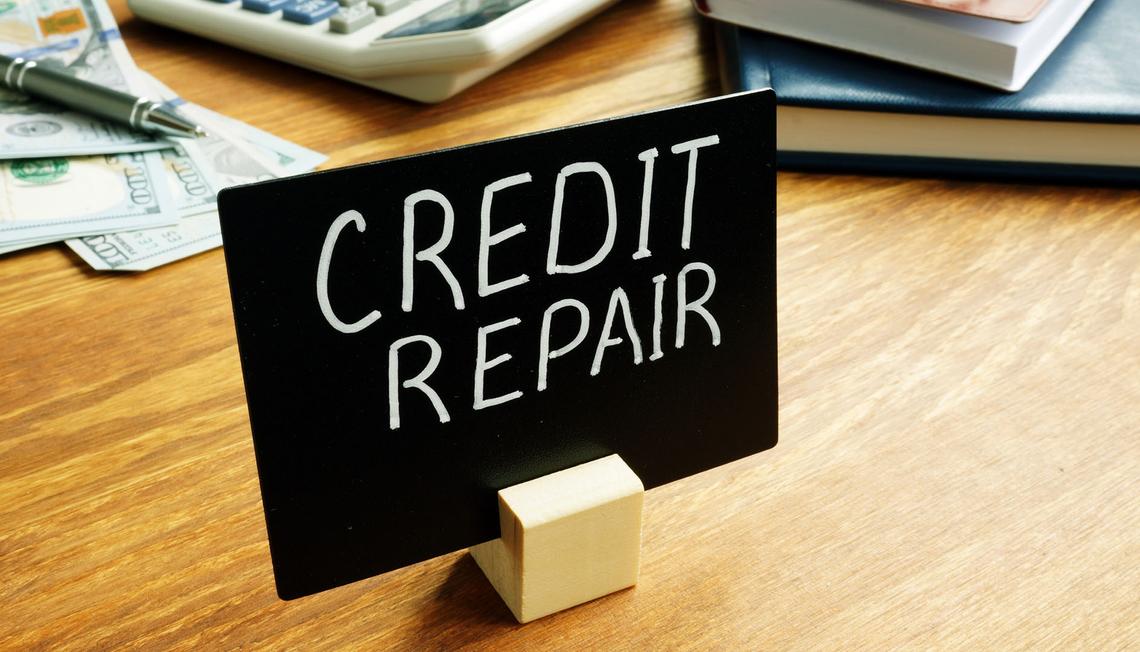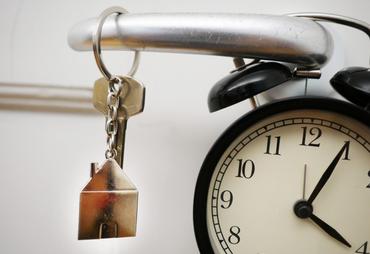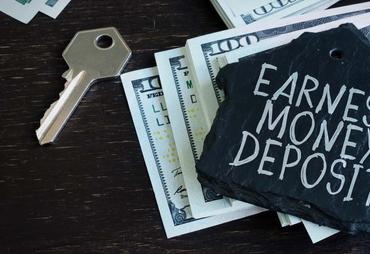Your credit history and credit score are key components that lenders will evaluate when you apply for a mortgage. The better your credit score, the better your terms will be on your home loan. But what happens if your credit score is lower than you’d like it to be? It can certainly affect not only the rate your receive, but whether or not you qualify at all. If you’d like to repair your credit so that you can buy a home, then here’s what you need to do.
Check your credit report
The very first thing you should do when you’re ready to work on your credit score is to get a copy of your credit report. This report shows you your credit history for the past ten years, which is used to calculate your credit score. Unfortunately, there are sometimes mistakes in your credit report. Even worse, you may discover that you’ve become a victim of identity theft and someone has taken out a line of credit in your name. If you find information on your credit report that is not yours, you will need to dispute errors to have them removed. You should also report your identity theft to the FTC and the police.
Make payments on time
Your payment history figures heavily into your credit score — 35 percent to be exact. If you have a history of late or missed payments, it will lower your score. The best way to increase your score is to always make your payments on time. Choose to have your bills automatically paid online. If that’s not an option, then pay your bills as soon as you receive them.
Improve your credit utilization ratio
Your credit utilization ratio is how much money you owe compared to how much available credit you have. If you are using a large amount of your available credit, then it can have a negative impact on your score. You want to aim for a credit utilization ratio of 30 percent or less. Pay down your balances to help improve your ratio.
Don’t close accounts
It’s tempting to close credit card accounts when you’ve paid them off. But if you’re preparing to buy a home, then keep them open. These cards not only help you establish a longer credit history, but they can also improve your credit utilization ratio, as described above.
Don’t take out new loans
This one is very important — if you’re trying to repair your credit to buy a home, then don’t be tempted to take out and other new loans. When you apply for a new line of credit, the creditor will do a hard check on your credit, which can drop your score. And if you open a new account, it will lower your average account age, which also figures into your score.
Keep at it
You won’t be able to improve your credit score overnight. It can take time to pay down balances, dispute errors, and recover from problems in the past. Give yourself ample time to fix your credit before you apply for a home loan. You’ll have an easier time qualifying for a loan, and you’ll surely be offered better rates, which will save you money in the long run.
Compliments of Virtual Results




 Sign up today to get access to 1000's of homes we have available!
Sign up today to get access to 1000's of homes we have available!